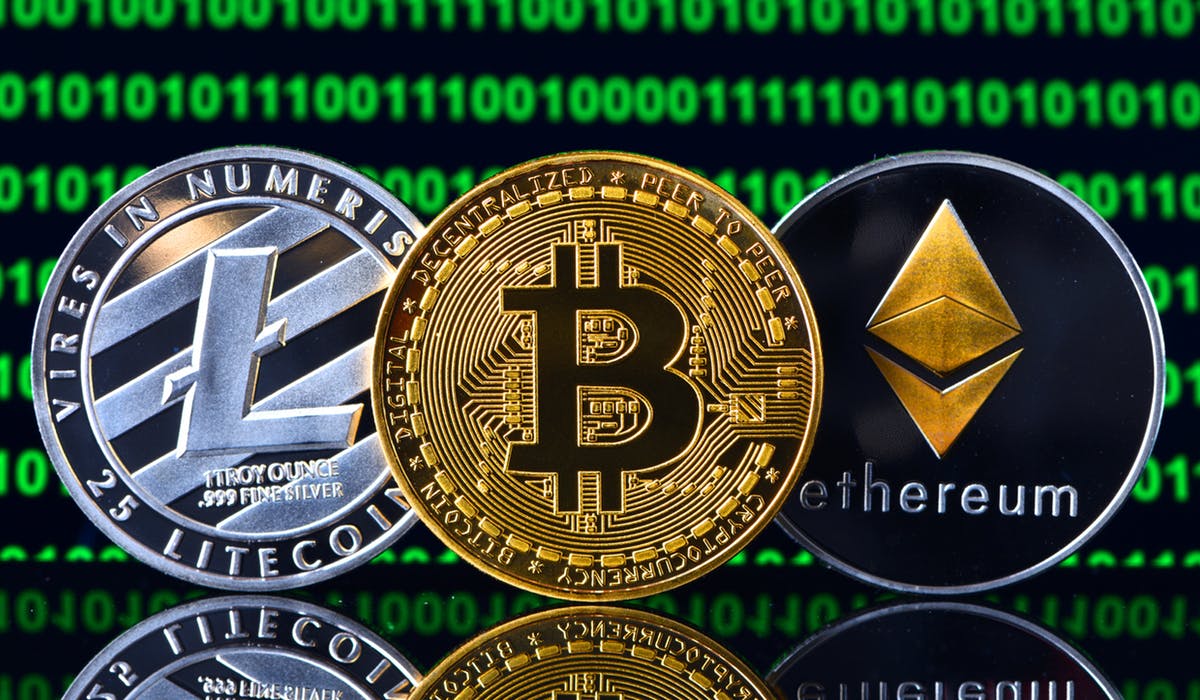
Cryptocurrencies : how to avoid scams
Cryptocurrencies : Foiling the Traps
First of all, as such, the block-chain system on which cryptocurrencies rely is reliable. Thus, unless reckless, no one gets «emptied» his bitcoin portfolio any more than his bank account or his stock market portfolio. On the other hand, as often “small investors” in cryptocurrencies are not sophisticated investors, they risk being trapped by fraudulent maneuvers.
The methods used are the same as those used for Internet scams in general.
Phishing and fake wallets
Users thought to click on the link provided on the site. Except that a letter had been replaced in the address. The site looked exactly like the official site. The scammers had only to use the confidential codes they collected to transfer all the funds into the victims’ pockets.
E-mails are the most used means in phishing attempts but all forms of messaging are likely to be used. Slack users received similar messages.
The fake ICOs
Icos are fashionable and still today absolutely uncontrolled. They are therefore a source of potential scams. If you want to subscribe to an ICOS you have to follow some basic rules of caution. Indeed, many are the crooks who are now trying to promote this mode by creating “fake” Icos.
How do we detect them ?
– The star-up is supported by recognized Business Angels. If the site advertises, check the information.
– Are the founders identified on the site. If not, it is probably a scam. If they are identified, do not hesitate to check their professional career on Linkedin.
– Do the documents provide objective and current information to help you understand the project’s supporters and supporters. Is the “Whi-te-Pa-per” that summarizes the project clear ?
Before subscribing to an ICO you must check the information :
– on the teams;
– on the reality of the product/service under development
Fictitious trading platforms
Easy-to-crack scam for knowledgeable users who have had cryp-to-mon-naies for some time, but to whom a beginner can easily fall for lack of knowledge of trusted platforms.
The Coinmarketcap.com site lists reliable trading opportunities. It also offers a list based on the cryptocurrency you want to exchange.
Also choose a platform with a high volume of exchange. You will be able to buy and sell more easily and on the best terms.
Malware to modify addresses
Some micro-computer programs, embedded in apps or externalities, are used to try to divert your shipments. When the user of an inferred computer copies the address of a wallet to which it wants to send Bit-coins, this evil ware modifies it to match that of the crook’s wallet. The same principle applies to the pharming which records a Trojan scan on the target computer. It will change the competition between a site’s domain name and its IP verification. As with phi-shing, hackers will re-collect data from users’ pockets.
Here again the basic precaution is to scan your computer regularly with an anti virus.